Meet Warren Ko | Biologist & Music Producer
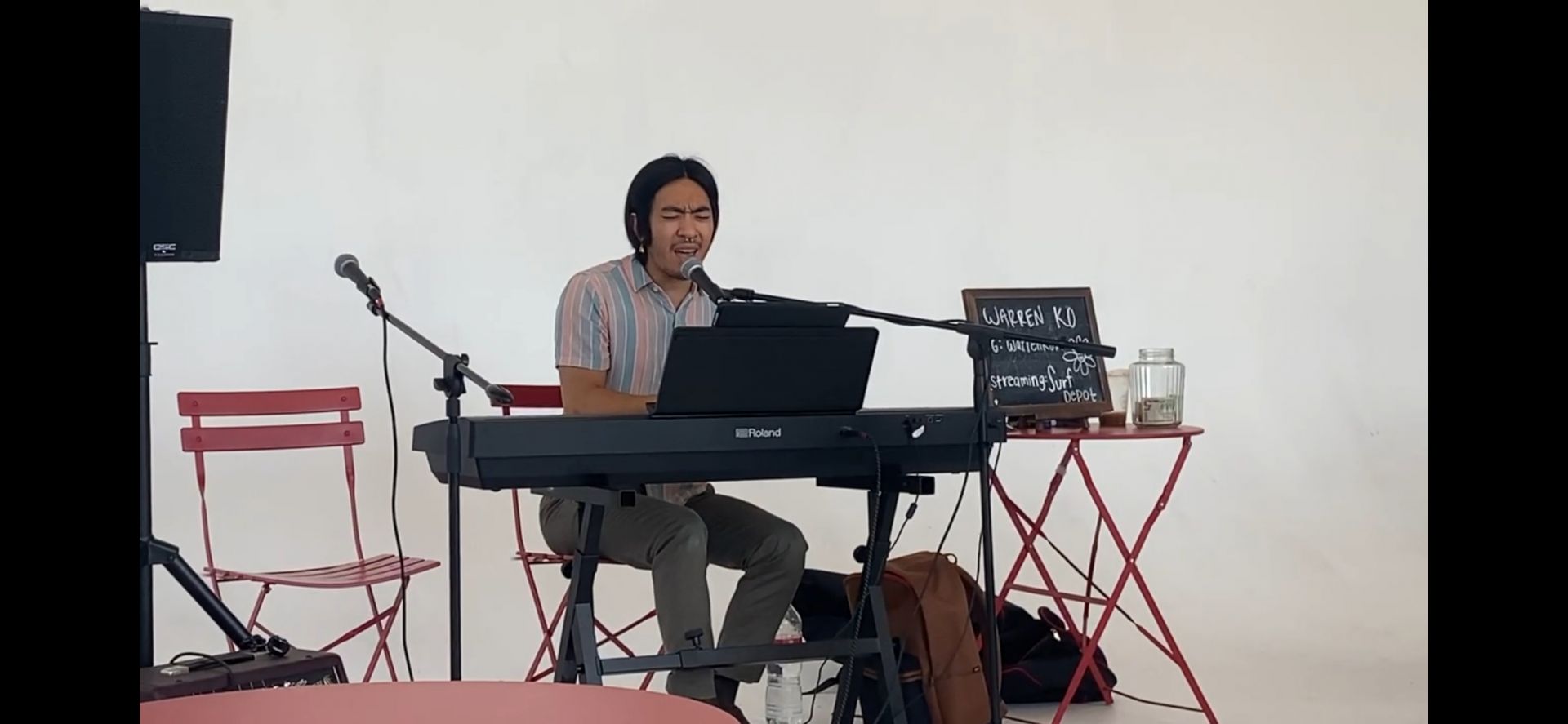
We had the good fortune of connecting with Warren Ko and we’ve shared our conversation below.
Hi Warren, how has your background shaped the person you are today?
I was born and raised in the San Francisco Bay Area from a middle-class family. Both of my parents were immigrants from Hong Kong, who–like many others–came to the US for better opportunities for themselves and their children. Though neither of my parents were musicians, my parents enrolled me in piano lessons and I spent a significant part of my childhood playing and studying classical music. This was not necessarily because of my own personal desire to play music from a young age, but because of my parents’ instinct as first-generation immigrants to prioritize investing in their child’s future. Of course, I can look back now and appreciate my parents’ decisions, but I had many moments in my childhood where I dreaded playing music that I wasn’t emotionally connected to, such that even the sound of my piano teacher’s car pulling up outside the house would bring me intense anxiety. Yearly music theory exams and recitals also made music seem like just another obligation to secure a promising future, rather than a personal hobby or viable career. However, there were also times when I felt personal connections to certain piano pieces, and I savored the moments when I felt love, sadness, and power while playing through them. Still, to my parents–and even to me at the time–music was just something supplementary to put onto a college application.
This is an experience that perhaps many children of first-generation Asian immigrants can relate to. Music was regarded as just another subject to maintain good grades in, just like history or math. When you think about music from this perspective, it’s easy to take for granted the skills and knowledge that you learn. This became clear to me when I started exploring more popular genres of music and collaborating with other musicians while attending college in San Diego. It was inspiring meeting people who had limited musical literacy but could still play and enjoy music with emotion and confidence. By witnessing the passion that others could have for music, I realized that music is more than just an accessory to a comfortable life or a lucrative career–it is in and of itself purpose. Now, I see that my upbringing had always put me in a place of privilege–a place that I am grateful for–and I feel a duty to help other artists who may not necessarily have had the same opportunities for learning music as I had growing up. I find fulfillment in empowering other smaller artists and helping to make a polished, competitive record a reality for them.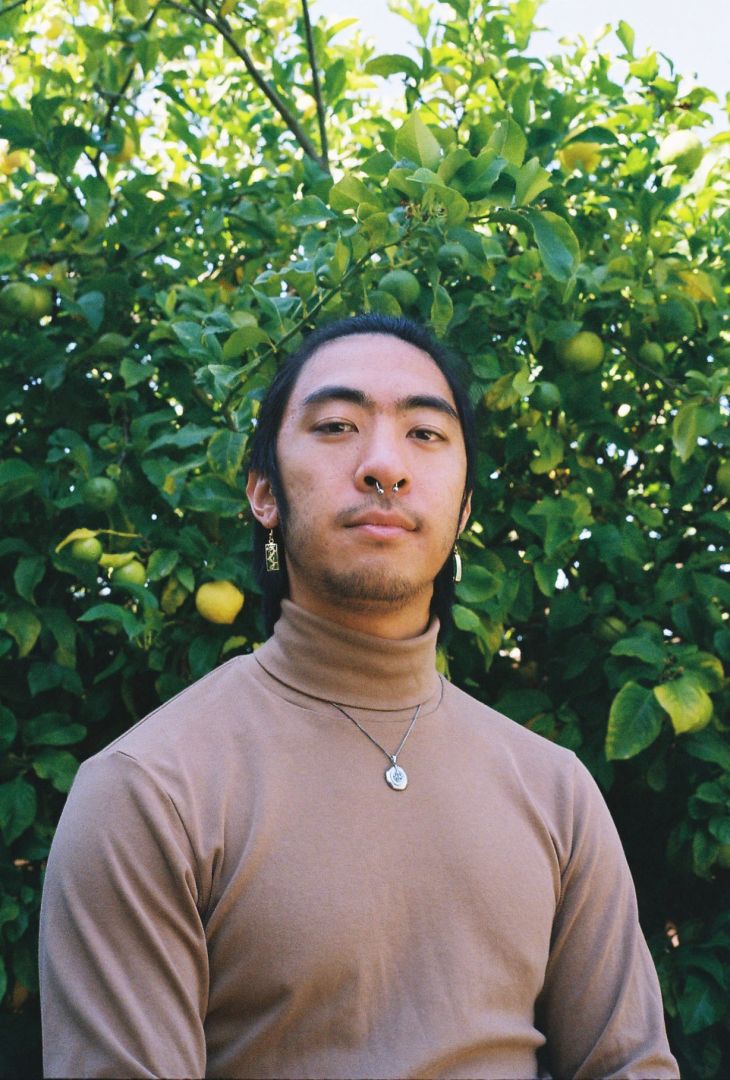
Can you open up a bit about your work and career? We’re big fans and we’d love for our community to learn more about your work.
In my professional life, I work in the biotech industry as a lab technician. Most of my work revolves around a technology called flow cytometry, which is a way of analyzing cells individually after they have been treated with a drug. Since the readout of flow cytometry is commonly based on fluorescence, I spend a lot of time thinking about how different fluorescent molecules interact with each other and their place on the visible light spectrum. Oddly enough, this is a lot like thinking about how different instruments interact with each other in a mix and how each mix element has its own place on the audible frequency range.
I spend most of my time in a laboratory, but I have also had experience in project management. One important thing I learned that I was able to apply to my art is that the end goal and desired outcomes should be clearly defined before starting the work on any project. In terms of music production, this means being deliberate about which songs, artists, sounds, or styles will influence the record, and understanding how the audience should feel while listening. After adopting this principle for my music-making, I started finishing projects more frequently and becoming more satisfied with the end result. It’s important to remember, however, that not every record will manifest this way. But whenever I feel stuck or in a block, I find it more productive to keep my influences focused, rather than getting carried away with exploring extraneous possibilities.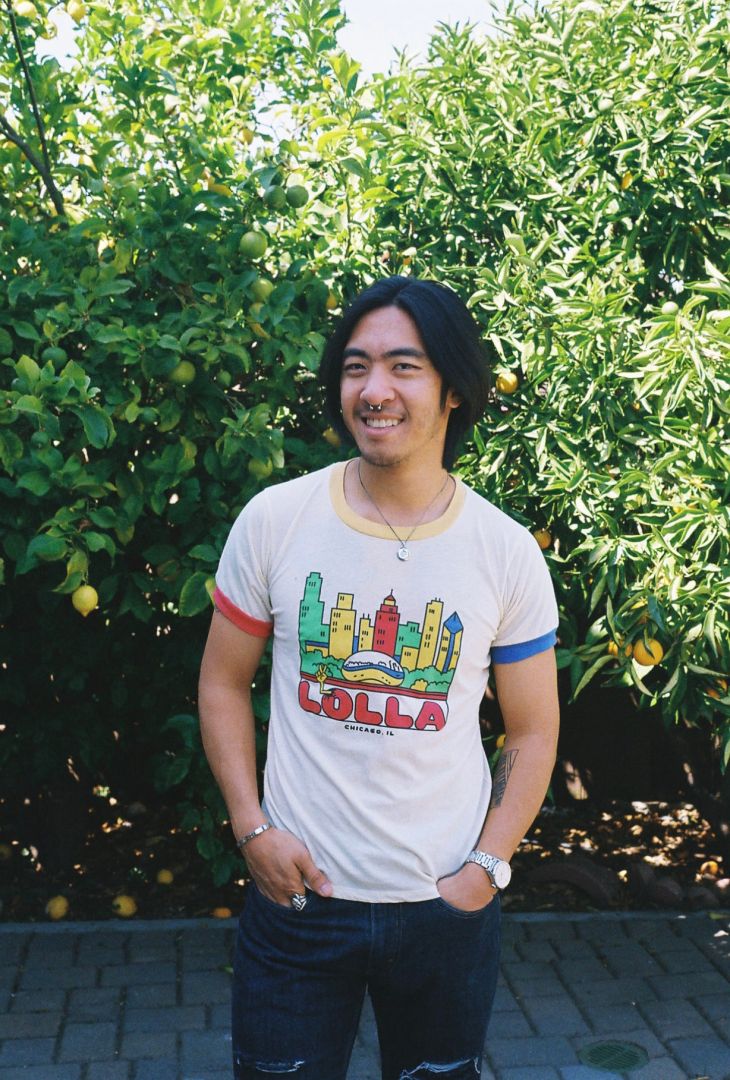
Any places to eat or things to do that you can share with our readers? If they have a friend visiting town, what are some spots they could take them to?
In San Diego, the first place you gotta go is the beach. Not only are the beaches themselves very beautiful, but the surrounding towns have a lot to offer. In La Jolla you can visit the Scripps Coastal Reserve and observe the tide pools teeming with marine life, or you can visit Birch Aquarium for an up-close look at some amazing animals. If you’re feeling hungry you can visit Harry’s Coffee Shop for the best hashbrowns ever or hit up Javier’s for some high-class Mexican dinner. Pacific Beach is another beach town that has a very active night life, but is also great for daytime activities like bike-riding, mini-golfing, and thrifting. Tattoo parlors line the streets there, and it is not uncommon to see lines down the block on holidays for special deals–I’ve participated myself!
I would definitely take a visitor to the North Park area. During the day it has some great food and cafe spots, my favorite being The Nood Bar for their wonton soup. At night there is a vibrant bar and brewery scene, where you cannot miss Coin-Op for their arcade games and boozy slushies. Nearby that area is Balboa Park, the cultural hub of San Diego. There you can visit a half dozen museums, a Japanese friendship garden, and the largest outdoor pipe organ in the world aka the Spreckels Organ. Balboa Park is also home to the San Diego Zoo, where you could easily spend an entire day.
After a long day of walking around seeing sights, the best way to end the day is going to Convoy District, one of the largest Pan-Asian hubs in the country. Delicious fried chicken, all-you-can-eat Korean BBQ, and boba shops on every block just can’t be beat. My perfect dinner would be at Eastern Dynasty for their house tofu and Peking duck, then getting ice cream at SomiSomi or a mango sago dessert at MNGO Cafe. Lastly, finish the night off with karaoke at Melody Karaoke.
One thing that I think is really cool about San Diego is the growing speakeasy scene. The novelty and ambiance of a speakeasy makes each visit a truly unique experience, especially if the bar follows a specific theme as many do. The cocktails are always delicious and well-crafted, and they have really encouraged me to appreciate mixology as its own art form. There are plenty of speakeasies to explore in San Diego, but my favorites are Convoy Music Bar on Convoy street–which takes influence from hi-fidelity music listening bars in Japan–and Oculto 477 in Old Town where you must confess to a sin in order to enter. Make sure you get a reservation ahead of time as walk-ins are rare!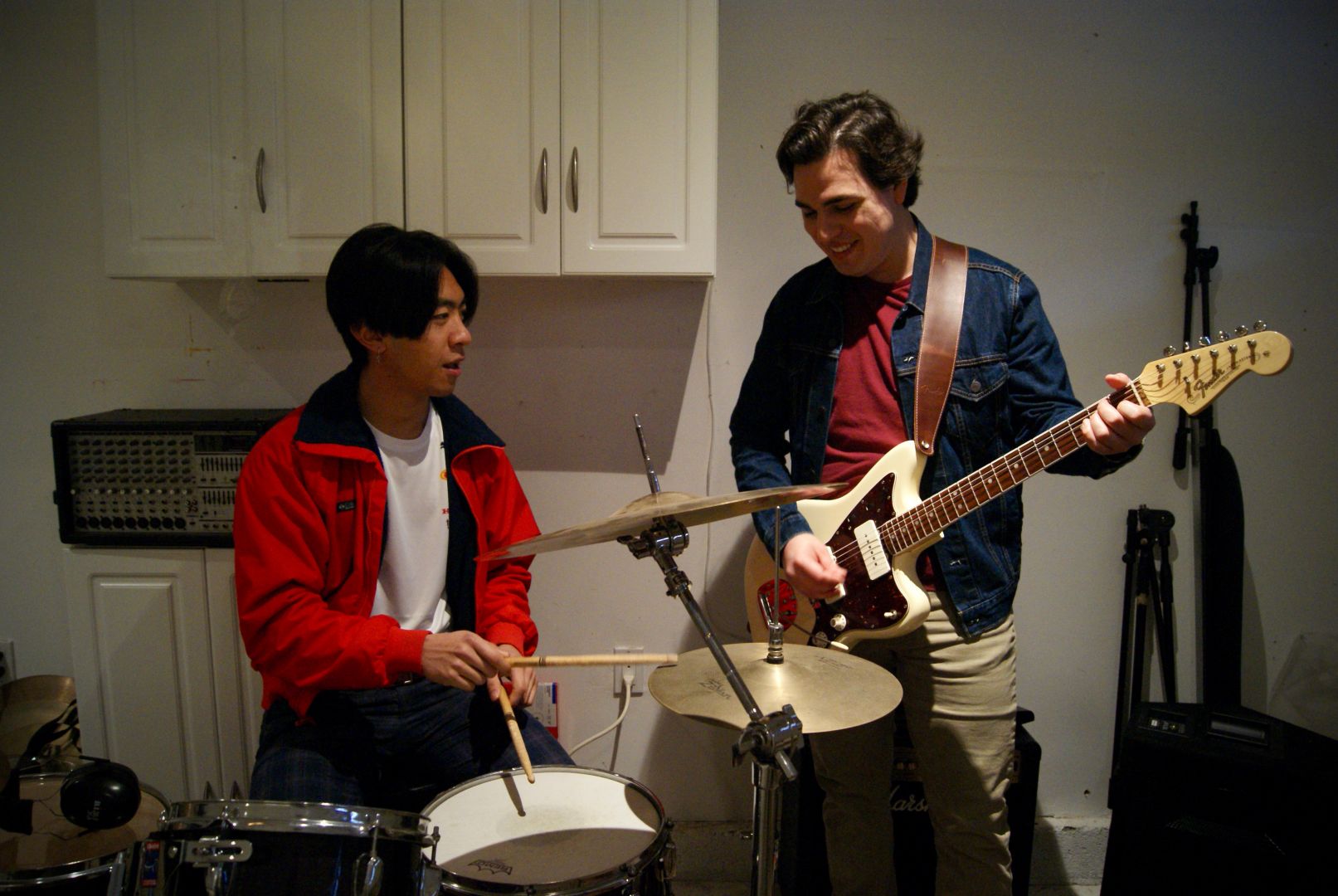
The Shoutout series is all about recognizing that our success and where we are in life is at least somewhat thanks to the efforts, support, mentorship, love and encouragement of others. So is there someone that you want to dedicate your shoutout to?
I would like to give a shout-out to some artists that I worked and played with in the San Diego singer-songwriter music scene–Maybear, LeaTea, Somber Western, Gary Flick. They are incredibly talented and professional artists with visions of their own. Thank you for letting me be a part of your music. Also, shout-out to Heaping Teaspoon, a fantastic R&B band from San Diego that has helped me with my own projects.
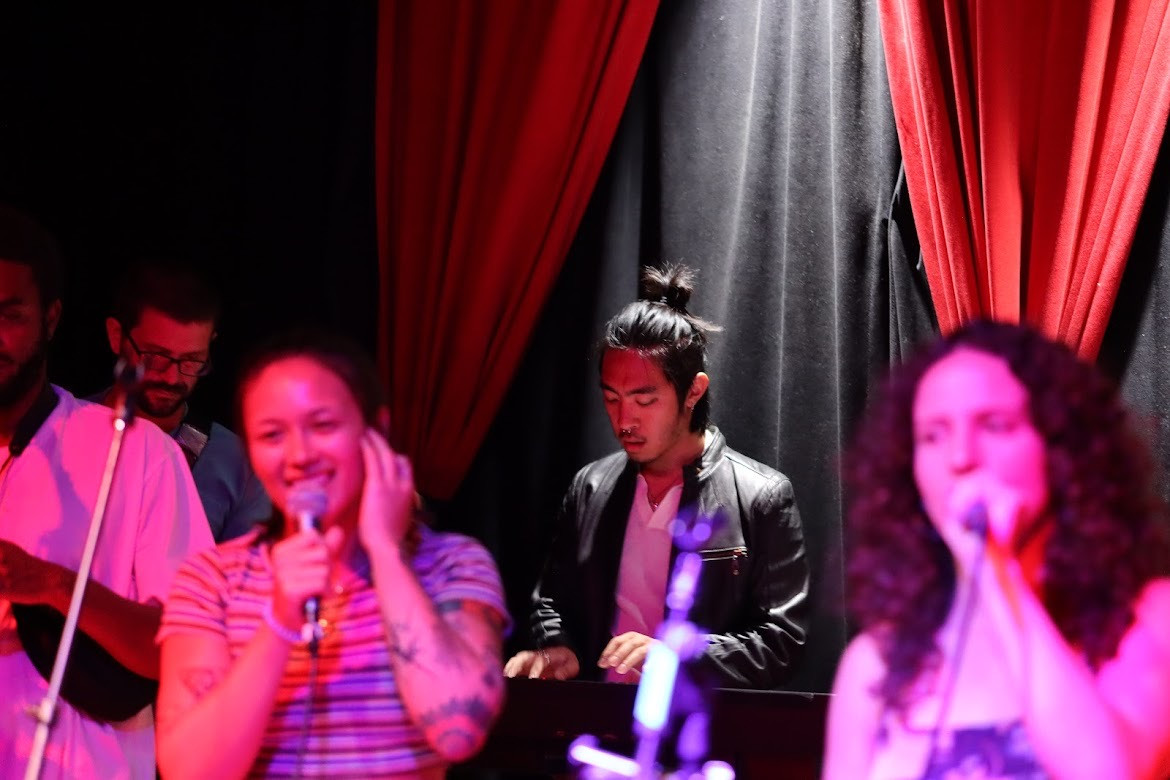
Instagram: https://www.instagram.com/warrenkoko/
Linkedin: https://www.linkedin.com/in/warren-ko-745a5513a/
Youtube: https://www.youtube.com/channel/UCBSE_OFgLKf-2fWL2a9fcfA
Image Credits
Claire Alonso, Ben Guenther, James Fernandez, Dane Carlson
